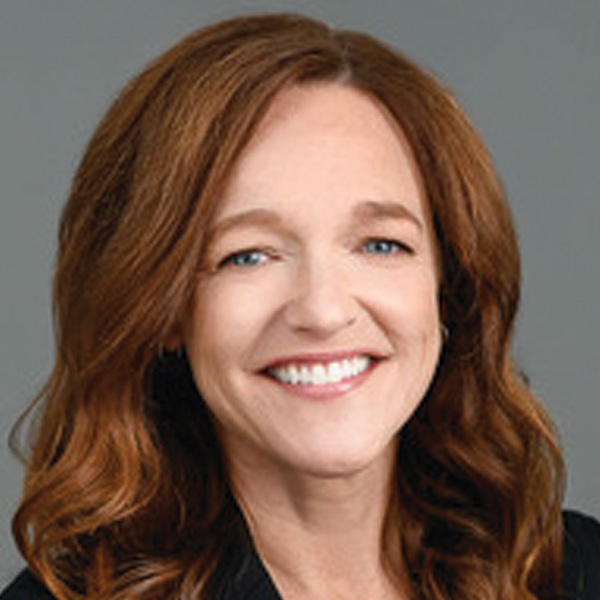VMCAS Is Open! What’s New on the 2025-2026 Application?

The Veterinary Medical College Application Service (VMCAS) opened on January 22, 2025, this year. The final VMCAS application deadline is September 15. With advanced planning, knowledge of the new and changed aspects of the VMCAS, and a competitive, holistic application, you will be ready!
VMCAS Timeline
The following suggested timeline highlights important VMCAS dates, provides reminders regarding academic transcript requests, and includes lots of critical writing time in the overall process.
| Date | Activity |
| Jan. 22 | VMCAS application opens |
| Jan. 22 – May 9 | Work on completing Personal Information, Academic History, and Supporting Information sections of the application Begin to request transcripts |
| May 1 | TMDSAS opens |
| May 9 | Select programs in VMCAS |
| June 2 | First day to submit for Fee Assistance Program |
| May 9 – June 15 | Request transcript to include spring 2025 grades Begin to work on program-specific questions |
| June 15 – July 15 | Finalize Academic History section and any other sections, as necessary |
| July 15 – Aug 15 | Work on/finalize all sections, including program-specific questions |
| Aug. 14 | Last day to submit for Fee Assistance Program |
| Aug. 30 | TMDSAS deadline |
| Sept. 15 | Submit VMCAS application |
*Information adapted from the VMCAS application webinar presented by the AAVMC.
Changes to the 2025-2026 VMCAS
While many aspects of the VMCAS remain the same, a few changes have been made to the application for this next cycle. A list of these changes follows, with a brief description of each.
Additional School of Veterinary Medicine
VMCAS is the common application that simplifies the process of applying to schools of veterinary medicine. In the 2025-2026 cycle, VMCAS is applicable to 33 U.S. schools, including the newest AAVMC member Rowan University, as well as accredited veterinary institutions in Australia (3), Canada (2), Great Britain (3), the Caribbean (2), Scotland (2), Ireland (1), and New Zealand (1).
Additional Question
A question has been added to the Personal Information section, in the Other Information subsection. The question reads,
Organization Participation
Indicate whether you were a participant in any of the organizations below.
Your responses in this section are confidential, will not be shared with programs, and in no way affect your application. Your responses will only be used to help the AAVMC evaluate current and potential partnerships with organizations that aim to increase awareness about career opportunities in health professions for students in grades K-16.
Applicants have the opportunity to choose from any of the following:
- American Pre-Veterinary Medical Association (APVMA)
- HOSA – Future Health Professionals
- National FFA Organization
- 4-H
- Society for the Advancement of Chicanos/Hispanics and Native Americans in Science (SACNAS)
- Annual Biomedical Research Conference for Minoritized Scientists (ABRCMS)
- Minorities in Agriculture, Natural Resources, and Related Sciences (MANRRS)
- National Society for High School Scholars (NSHSS)
- Girl Scouts or Boy Scouts
- The Duke of Edinburgh’s Award
For each of these items, applicants can choose “Yes,” “No,” or “I Don’t Know” from a drop-down menu.
Phonetic Name Option
In the Personal Information section, in the Biographic Information subsection, applicants can input a Phonetic Name. The prompt states that interested applicants can create an account with a site called Namecoach, which is a technology-enhanced learning tool that allows users to record the pronunciation of their name, thereby promoting inclusivity.
Applying to schools of veterinary medicine requires not only exemplary academic preparation and clinical exposure but also knowledge of VMCAS and a thoughtful timeline to prepare a well-crafted, unique application.
Related Resources

